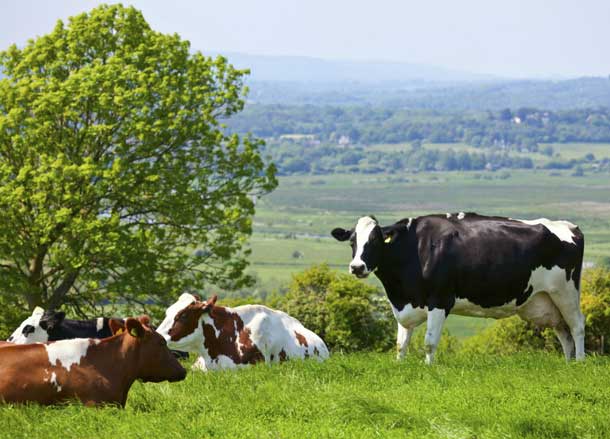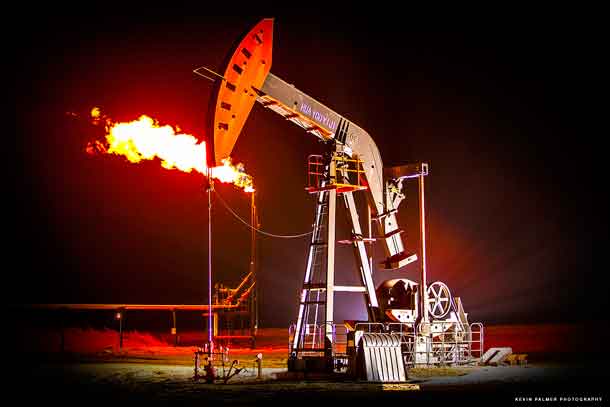
OTTAWA – CLIMATE Report – Steven Guilbeault, Minister of Environment and Climate Change says, “Canadian farmers are becoming climate action leaders by embracing sustainable agriculture. This new protocol under Canada’s Greenhouse Gas Offset Credit System will financially reward farmers for reducing agricultural greenhouse gases, fostering a greener future.”
During Food and Agriculture Day at COP28, the global community is rallying to address the pressing environmental challenges within the agricultural sector.
Lawrence MacAulay, Minister of Agriculture and Agri-Food, stated, “Our farmers and ranchers are committed to environmental stewardship and are key players in the climate change solution. This initiative will enable them to benefit from reducing methane emissions, promoting both environmental and economic gains.”
Key discussions among world leaders are centered around the crucial role of agriculture in mitigating emissions and contributing to a more sustainable Earth.
Marking this global commitment, Environment and Climate Change Canada has unveiled a draft protocol under Canada’s Greenhouse Gas Offset Credit System.
Called the Reducing Enteric Methane Emissions from Beef Cattle (REME) protocol, this initiative is set to offer a dual benefit – reducing environmental impact while financially incentivizing farmers.
Methane, a byproduct of the natural digestion process in cows, is a significant contributor to greenhouse gas emissions. The REME protocol aims to encourage farmers to adopt strategies that reduce these emissions, such as enhancing animal diets and management practices. In return, farmers can earn offset credits for each tonne of emission reduction, which can then be sold to facilities or businesses needing to meet their emissions reduction targets.
The development of the REME protocol involved extensive collaboration with agricultural sector experts and drew inspiration from similar successful models, such as Alberta’s protocol for fed cattle. This collaborative approach underscores the Government of Canada’s commitment to practical and economically viable environmental solutions in agriculture.
The REME protocol is one of several initiatives by the Canadian government to decarbonize the agricultural sector. A notable example is the $12 million investment in the Agricultural Methane Reduction Challenge by Agriculture and Agri-Food Canada, which supports innovators in reducing cattle-related methane emissions.
Stakeholder feedback is being sought on the REME protocol until February 6, 2024, with the final protocol expected to be published in summer 2024. This will enable farmers to register their projects under Canada’s Greenhouse Gas (GHG) Offset Credit System. More information is available on Canada.ca.
Quick Facts
- In 2021, 31% of Canada’s methane emissions were attributed to agriculture, primarily from beef and dairy cattle.
- The REME protocol is part of Canada’s broader strategy to reduce greenhouse gas emissions by 40 to 45 percent below 2005 levels by 2030.
- The Agricultural Methane Reduction Challenge is an extension of Canada’s Methane Strategy, aligning with the Global Methane Pledge and the 2030 Emissions Reduction Plan.
- Recently, Environment and Climate Change Canada introduced enhanced oil and gas methane regulations, aiming to reduce emissions significantly from 2027 to 2040, with an expected reduction of 217 megatonnes of carbon dioxide equivalent.






